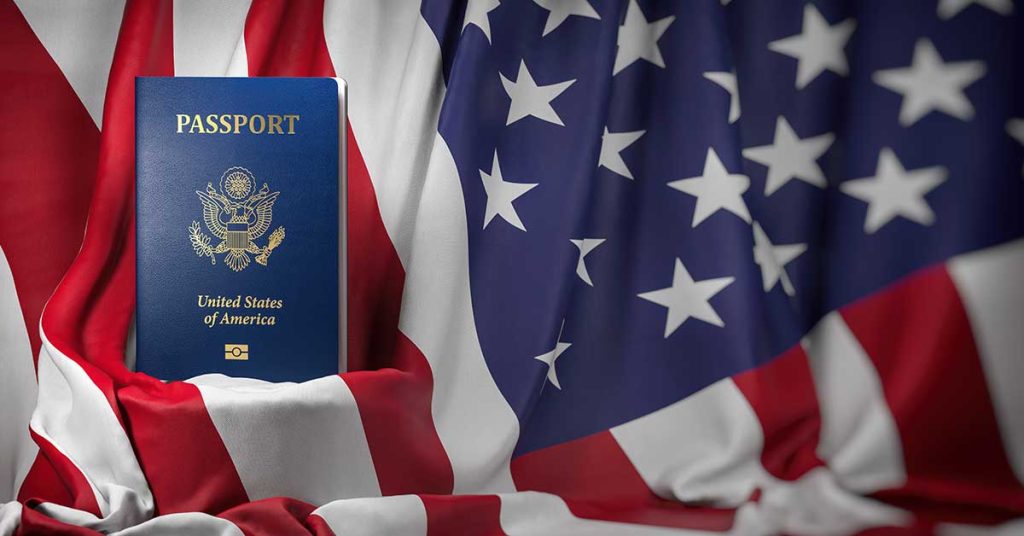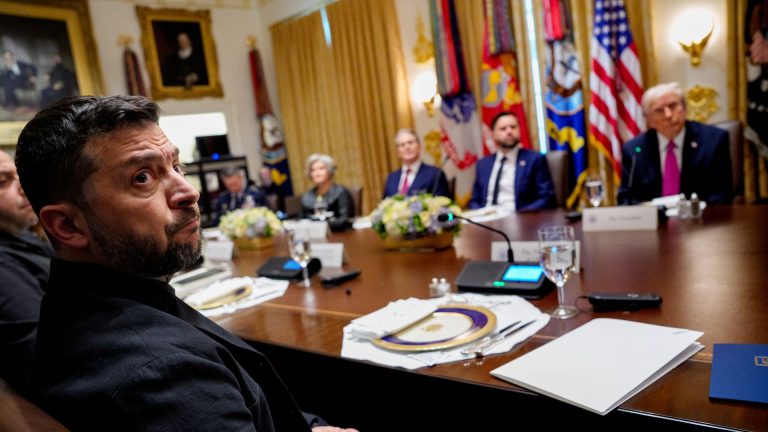
U.S. President Donald Trump has asked the Supreme Court to rule on the constitutionality of his executive order aimed at ending birthright citizenship, escalating a legal battle over one of America’s most contested constitutional rights.
The appeal, filed by the Trump legal team, challenges long-standing interpretations of the 14th Amendment, which has guaranteed citizenship to anyone born on U.S. soil for more than a century. Trump’s attorneys argued that this understanding is “mistaken” and has led to “destructive consequences” for U.S. immigration policy and border security.
Solicitor General D. John Sauer, representing the administration in the filing, wrote that lower court rulings striking down the policy undermined national security and wrongly extended citizenship to “hundreds of thousands of unqualified people.”
The move marks the second time this year the issue has reached the Supreme Court. In June, the justices issued a ruling that limited but did not completely eliminate the power of lower courts to block presidential policies on procedural grounds. That decision left the broader question of birthright citizenship unresolved, setting the stage for the current appeal.
The Trump camp views the challenge as a central test of executive power and immigration enforcement, while critics warn that ending birthright citizenship would upend more than a century of legal precedent and could leave millions of people in limbo.
The Supreme Court is expected to decide in the coming months whether it will hear the case, a ruling that could have far-reaching consequences for U.S. citizenship law, immigration policy, and constitutional interpretation.




